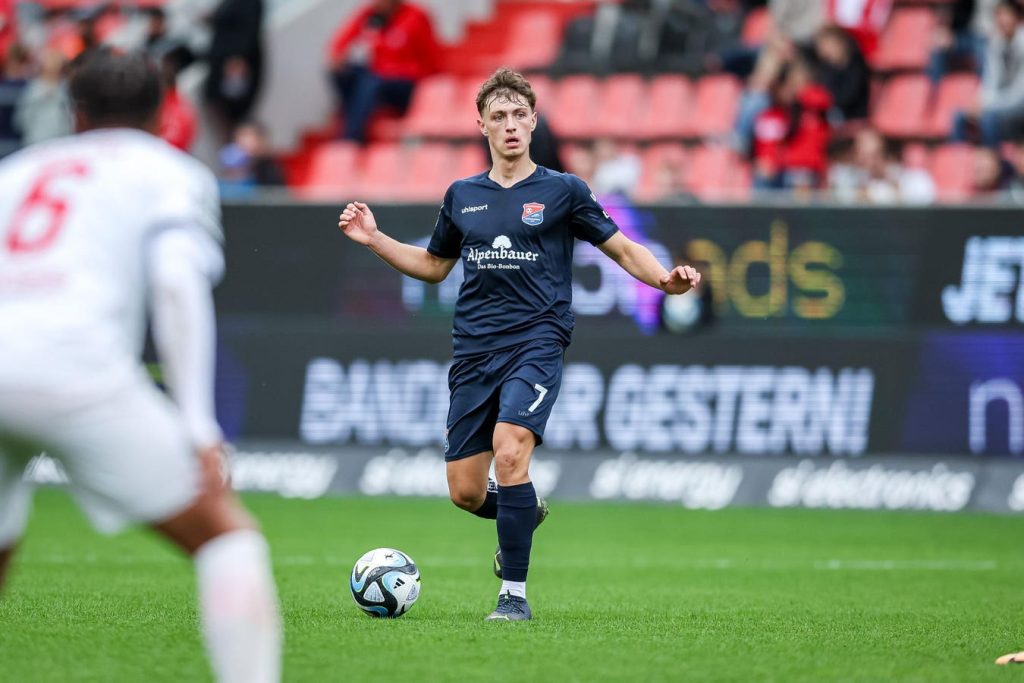Bayern Munich is on the verge of finalizing a cooperation agreement with SpVgg Unterhaching, with talks reaching their final stage, according to Unterhaching president Manfred Schwabl. The focus of the agreement is to enhance talent development in the region. Recent signings from the Unterhaching academy, such as Gibson Nana Adu and Maurice Krattenmacher, who will be loaned back to Unterhaching for further development, highlight the potential of the partnership.
The cooperation with Unterhaching coincides with Bayern’s signing of midfielder Aleksandar Pavlovic to a new long-term contract. Pavlovic, a Munich native, represents the future for both Bayern and Germany in midfield. Bayern’s director of sport, Max Eberl, praised Pavlovic as a role model for the club’s youth development program at the FC Bayern Campus. The club is also expected to finalize a new contract with Munich-born Josip Stanisic, who spent last season on loan with Leverkusen.
The collaboration with Unterhaching and the new contract signings for Pavlovic and Stanisic indicate a shift in strategy for Bayern, focusing on developing talents from their own campus. This change is seen as a positive development for German football, with the potential to address issues highlighted by Schwabl in a recent podcast. Schwabl criticized the lack of German players in Leverkusen’s successful season and the overall decline in youth development in Germany’s lower divisions.
Schwabl’s critique of German youth development, including the lack of emphasis on basic defensive skills, has resonated with many in the football community. Despite recent successes in producing top talents, there is a concern that Germany is falling behind other nations on the international stage. By working with Unterhaching and incorporating Schwabl’s insights, Bayern aims to revive its tradition of nurturing German talent and contributing to the national team’s success.
Bayern’s renewed focus on youth development is a departure from recent trends of signing established foreign stars. Eberl and sporting director Christoph Freund are steering the club towards a more German-centric approach, aligning with the club’s historical identity as a beacon of German football. The potential impact of this strategy extends beyond Bayern, offering hope for the future of German football as a whole.
Overall, the collaboration between Bayern Munich and SpVgg Unterhaching, along with the new contract signings, signal a significant shift towards prioritizing youth development and local talent. With Unterhaching president Schwabl’s critical insights guiding the partnership, Bayern’s renewed commitment to cultivating German players could have a positive impact on the national team and the country’s football landscape. As the leading trendsetter in German football, Bayern’s strategic shift is a promising development for the sport’s future in the country.


